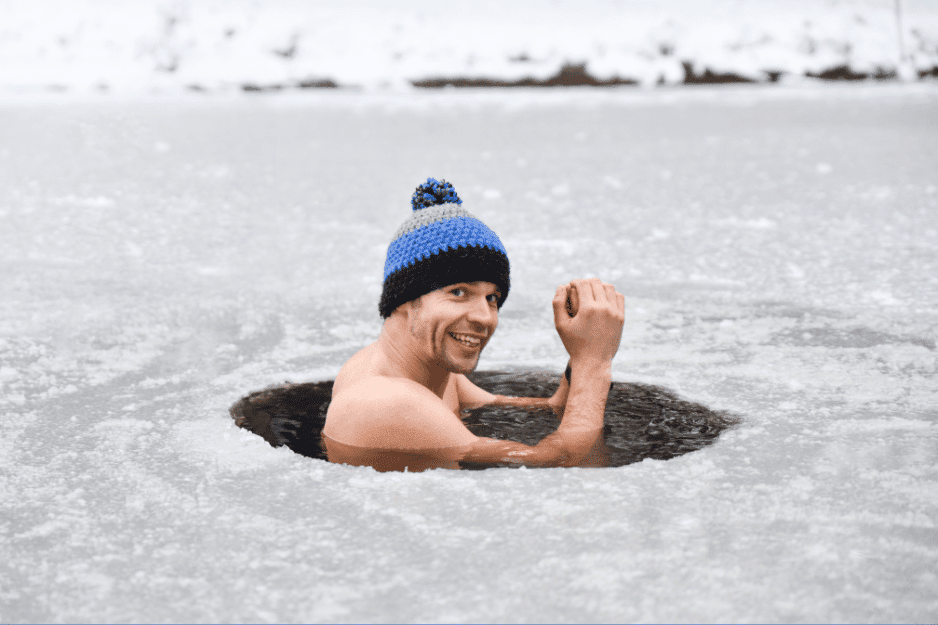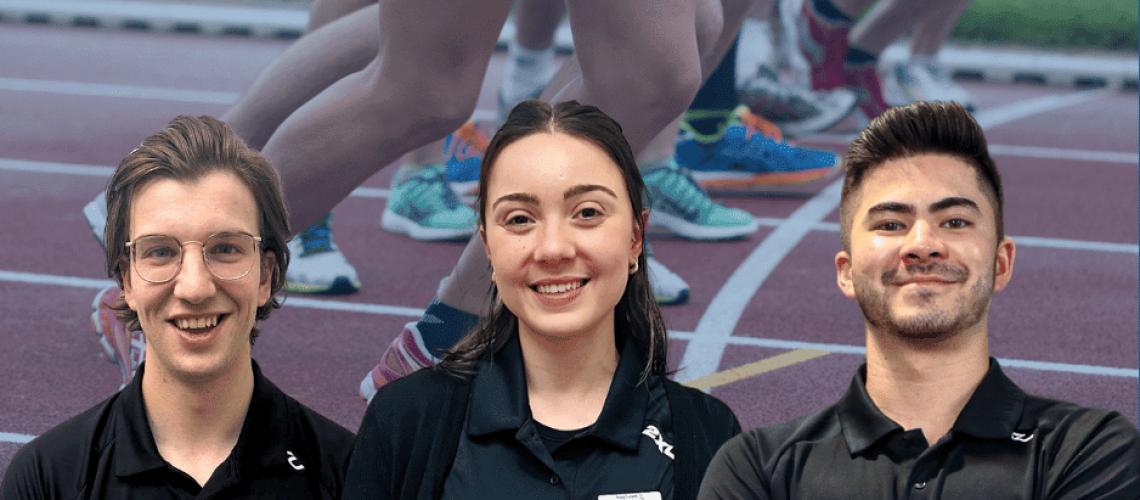Authors: Dr Daniel Raab (Osteopath), Dr Michael Caruana (Osteopath), Kristen Varnis (Dietitian)
Performing well in sports is not just about how hard you train, but also how well you recover. Recovery is crucial for repairing muscles, restoring energy, and preventing injuries. Without proper recovery, you risk overtraining, which can hinder your performance and raise the likelihood of injury. Here are some quick and essential recovery techniques for athletes.
1. Get Enough Sleep
Sleep is crucial for recovery. While you sleep, your body repairs muscles and restores energy. The Sleep Health Organisation recommends 7-9 hours of sleep each night for adults, but some athletes may need more.
For instance, Vitale (2019) found that male and female swimmers who slept for 10 hours a night showed better reaction times and performance. Quality sleep helps you feel better, think more clearly, and perform at your best. There are also clear links between improved mental health and good-quality sleep, so make sure you get enough rest!
2. Stay Hydrated
Drinking enough water is vital. Water is essential to muscle function and keeps you from feeling tired and crampy. Make sure to drink water before, during, and after your workouts. Staying hydrated keeps your energy levels up and your muscles working smoothly. Nuccio et al. (2017) found that athletes suffering from a loss of fluids of more than 2% of body weight had a decrease in performance. Drink up!

3. Eat Right
Eating right can help you refuel and rehydrate the body, promote muscle recovery, and support your immune system. Regular and nutritious meals and snacks can help you achieve these goals. Everybody will have individual nutrition needs. However, your meals or snacks after exercise should include:
- Carbohydrates to replenish your fuel stores (e.g. pasta, brown rice, bread, cereal).
- Lean protein (e.g., chicken, fish, beef, tofu, dairy, lentils/legumes) promotes muscle repair and recovery.
- Colourful fruit and vegetables to increase vitamin intake.

Meal examples:
- Chicken and salad roll
- High-protein yogurt, fruit and muesli
- Tofu and vegetable stir fry with brown rice
- Spaghetti Bolognese
4. Move Gently After Exercise
Light exercise after a challenging workout helps recovery. Activities like walking, light cycling, or gentle swimming increase blood flow to your muscles, helping them recover faster and reducing soreness (Dupuy et al., 2018). Get off the couch and get moving (lightly)!
5. Massage
Massages feel great and help your muscles recover. They can improve blood flow, make you feel relaxed, and reduce soreness. Massages following intense workouts can make a difference in how quickly you bounce back.

6. Wear Compression Clothes
Compression garments, like sleeves and socks, apply gentle pressure to your muscles. This can reduce swelling and help your muscles recover faster. Wearing them after intense exercise can make your muscles feel better sooner. Research has shown that compression bandages can decrease the severity of muscle soreness and improve muscle strength and power (Hill et al., 2014).
7. Take Ice Baths
Ice baths or cold-water immersion can help reduce muscle soreness and swelling. The cold water makes your blood vessels constrict, which assists in reducing swelling. Taking an ice bath after a challenging workout can help your muscles recover faster and decrease muscle fatigue (Xiao et al., 2023).

Recovery is a crucial part of athletic training. By getting enough sleep, staying hydrated, eating the right foods, moving gently after exercise, getting massages, wearing compression clothes, and taking ice baths, you can help your body recover better. These simple techniques can make a big difference in how well you perform and how quickly you bounce back from workouts.
References
- Vitale, K. C., Owens, R., Hopkins, S. R., & Malhotra, A. (2019). Sleep hygiene for optimizing recovery in athletes: Review and recommendations. International Journal of Sports Medicine, 40(8), 535–543. https://pubmed.ncbi.nlm.nih.gov/31288293/
- Nuccio, R. P., Barnes, K. A., Carter, J. M., & Baker, L. B. (2017). Fluid Balance in Team Sport Athletes and the Effect of Hypohydration on Cognitive, Technical, and Physical Performance. Sports medicine (Auckland, N.Z.), 47(10), 1951–1982. https://doi.org/10.1007/s40279-017-0738-7
- Poppendieck, W., Wegmann, M., Ferrauti, A., Kellmann, M., Pfeiffer, M., & Meyer, T. (2016). Massage and Performance Recovery: A Meta-Analytical Review. Sports medicine (Auckland, N.Z.), 46(2), 183–204. https://doi.org/10.1007/s40279-015-0420-x
- Hill, J., Howatson, G., van Someren, K., Leeder, J., & Pedlar, C. (2014). Compression garments and recovery from exercise-induced muscle damage: a meta-analysis. British journal of sports medicine, 48(18), 1340–1346. https://doi.org/10.1136/bjsports-2013-092456
- Xiao, F., Kabachkova, A. V., Jiao, L., Zhao, H., & Kapilevich, L. V. (2023). Effects of cold water immersion after exercise on fatigue recovery and exercise performance-meta-analysis. Frontiers in physiology, 14, 1006512. https://doi.org/10.3389/fphys.2023.1006512
- Dupuy, O., Douzi, W., Theurot, D., Bosquet, L., & Dugué, B. (2018). An Evidence-Based Approach for Choosing Post-exercise Recovery Techniques to Reduce Markers of Muscle Damage, Soreness, Fatigue, and Inflammation: A Systematic Review With Meta-analysis. Frontiers in physiology, 9, 403. https://doi.org/10.3389/fphys.2018.00403
- Recovery nutrition (2015) Sports Dietitians Australia (SDA). Available at: https://www.sportsdietitians.com.au/factsheets/fuelling-recovery/recovery-nutrition/

